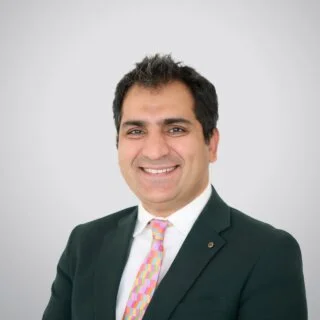A blackout is a temporary partial or complete loss of memory that is usually characterized by a period of unconsciousness or lack of complete awareness. Right before experiencing a blackout, you may have blurred vision, feel confused, or lose your balance and fall down. Blackouts do not erase or interfere with the memories made before it happens.
Blackouts can occur as a result of excessive consumption of alcohol, brain damage, side effects of certain drugs or disorders affecting the brain such as epilepsy.
Causes of Blackouts
Fainting is one of the common causes of a blackout. It occurs when the heart rate drops, and the blood vessels widen thus resulting in low blood pressure. Blackouts can also be caused by a traumatic event, substances, diseases or disorders that involve injury to the head.
Traumatic causes
Blackout can be caused by trauma or injury to the head or the brain due to certain factors such as:
- Concussion
- Brain surgery complications
- Electroshock therapy
- Mild head injury
- Inoculations or/and injections
- A traumatic emotional event
Disease and disorder causes
Blackouts can be caused by different types of diseases and disorders such as:
- Anaemia
- Dementia
- Cardiac arrhythmia
- Spinal cord or brain injury or certain types of tumours
- Dehydration
- Epilepsy
- Swelling of the brain also known as Encephalitis
- Brain infection
- Parkinson’s disease
- Postural hypotension
- Vasovagal syncope
Substance-related causes
Blackouts can be caused by different forms of medications and substances including:
- Excessive alcohol intoxication
- Side effects of certain medications
- Illegal drug use
- Poisons such as pesticides or cleaning chemicals
Symptoms of Blackouts
Blackouts may occur with different symptoms depending on the underlying cause. Symptoms that accompany a blackout include:
- Fever
- Body ache
- Weight loss
- Nausea
- Palpitations
- Perspiration
- Memory loss
- Muscle spasms like twitching or seizures
- Headache
- Loss or changes in vision
- Dizziness
- Head injury
- Depression
- Difficulty speaking
- Changes in personality or mood
- Changes in smell, taste or hearing
If your blackout is accompanied by the following symptoms, you should seek emergency medical treatment immediately:
- Chest pain or pressure
- High fever
- Slurred speech or inability to talk
- Change in mental status
- Paralysis
- Breathing problems
- Seizure
- A very bad headache
Diagnosis of Blackouts
Diagnosis of a blackout involves your doctor asking about your symptoms and medical history before performing a physical examination on you.
If your doctor suspects an underlying cause you may be ordered to do different types of tests depending on the condition that he/she is suspecting before referring you to a neurologist.
Treatment of Blackouts
Treatment for blackouts mainly focuses on the sole underlying cause of the particular blackout.
Next Step
At King’s College Hospital Dubai, we focus on offering an exemplary service from initial consultation through to the final diagnosis and treatment and beyond. Our team of expert doctors and nurses are here to offer tailored management and treatment of your condition, and to answer any questions that you might have throughout your time with us. Whatever you need us for, we’re only a phone-call away.
If you’d like to book an appointment, simply fill in the appointment form below.
Faqs
الأسئلة الأكثر شيوعا
Dr. Mehmood (Consultant Interventional Cardiologist), Dr. Omar Hallak (Consultant Interventional Cardiologist), Dr. Jose Carlos Moreno Samos (Consultant Interventional Cardiologist), Dr. Layla Al Marzooqi (Specialist Cardiologist & Aeromedical Examiner) and Dr. Ali K Moussavi (Specialist Cardiologist) are considered the best Cardiologists in Dubai.
BOOK AN APPOINTMENT





